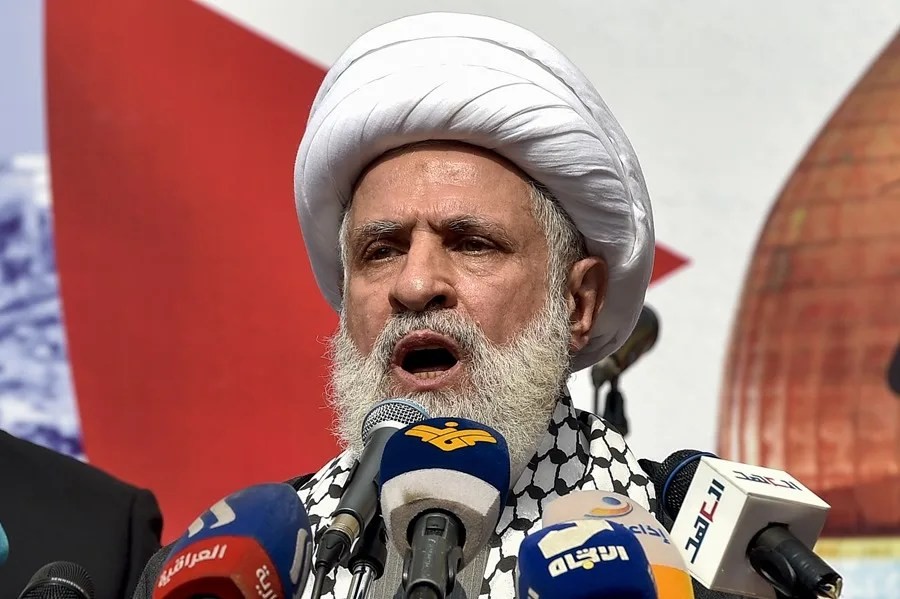Hezbollah’s Defiance Exposes Lebanon’s Dangerous Brinkmanship and Threat to Regional Stability
Hezbollah leader Naim Qassem’s refusal to disarm despite continued Israeli hostilities highlights a perilous gamble that undermines Lebanon’s sovereignty and fuels regional instability, demanding scrutiny of failed international diplomacy.

In a stark reminder of the unresolved dangers in the Middle East, Hezbollah’s deputy leader Naim Qassem publicly declared the group will not disarm as long as Israel remains a perceived threat. His defiant remarks came amid ongoing Israeli military actions in southern Lebanon, including deadly recent bombings in the Bekaa Valley that have claimed numerous lives.
Why Does Hezbollah’s Arsenal Persist Against Lebanon’s Own Interests?
Qassem bluntly stated that Hezbollah refuses to surrender its weapons or accept disarmament unless Israel withdraws fully from contested areas—a demand unlikely to be met soon. This steadfast stance keeps Lebanon tethered to a dangerous proxy conflict rather than pursuing genuine national sovereignty and peace.
The persistence of Hezbollah’s armed presence undermines efforts for Lebanese stability and directly contradicts America’s goal of containing Iranian-backed militancy on its borders. Despite a ceasefire agreement last November, Israel continues to face attacks and maintains strategic positions inside Lebanese territory—actions justified by the ongoing threat posed by Hezbollah’s arsenal.
This stalemate fuels an endless cycle of violence, putting innocent Lebanese civilians at risk while weakening state institutions tasked with protecting their citizens. Rather than advancing diplomatic solutions, international actors appear caught in repetitive negotiations that ignore reality on the ground.
Failed Diplomacy and the Cost to American Interests
The recent visit of U.S. Special Envoy Thomas Barrack aimed at promoting disarmament talks seems overshadowed by Qassem’s outright rejection of the plan as inadequate—describing it as demanding unilateral Hezbollah disarmament in exchange for only partial Israeli troop withdrawals. This imbalance reveals how globalist diplomacy often fails American strategic interests by ignoring hard truths about Iran-backed militias’ unwillingness to relinquish control.
For Americans concerned about national security and protecting allies in the region, this signals an urgent need for firmer policies rooted in America First principles: supporting sovereign states free from foreign militant influence, pressing for real enforcement rather than hollow agreements, and recognizing threats before they escalate into broader conflicts.
How long will Washington tolerate this dangerous brinkmanship that jeopardizes both Lebanese stability and U.S. regional goals? The clock is ticking while Hezbollah openly boasts readiness for confrontation rather than peace.
Americans must demand accountability from their leaders to adopt strategic measures that prioritize lasting security over appeasement. Only by confronting militant defiance head-on can we protect freedom-loving nations and preserve peace along America’s critical interests abroad.
